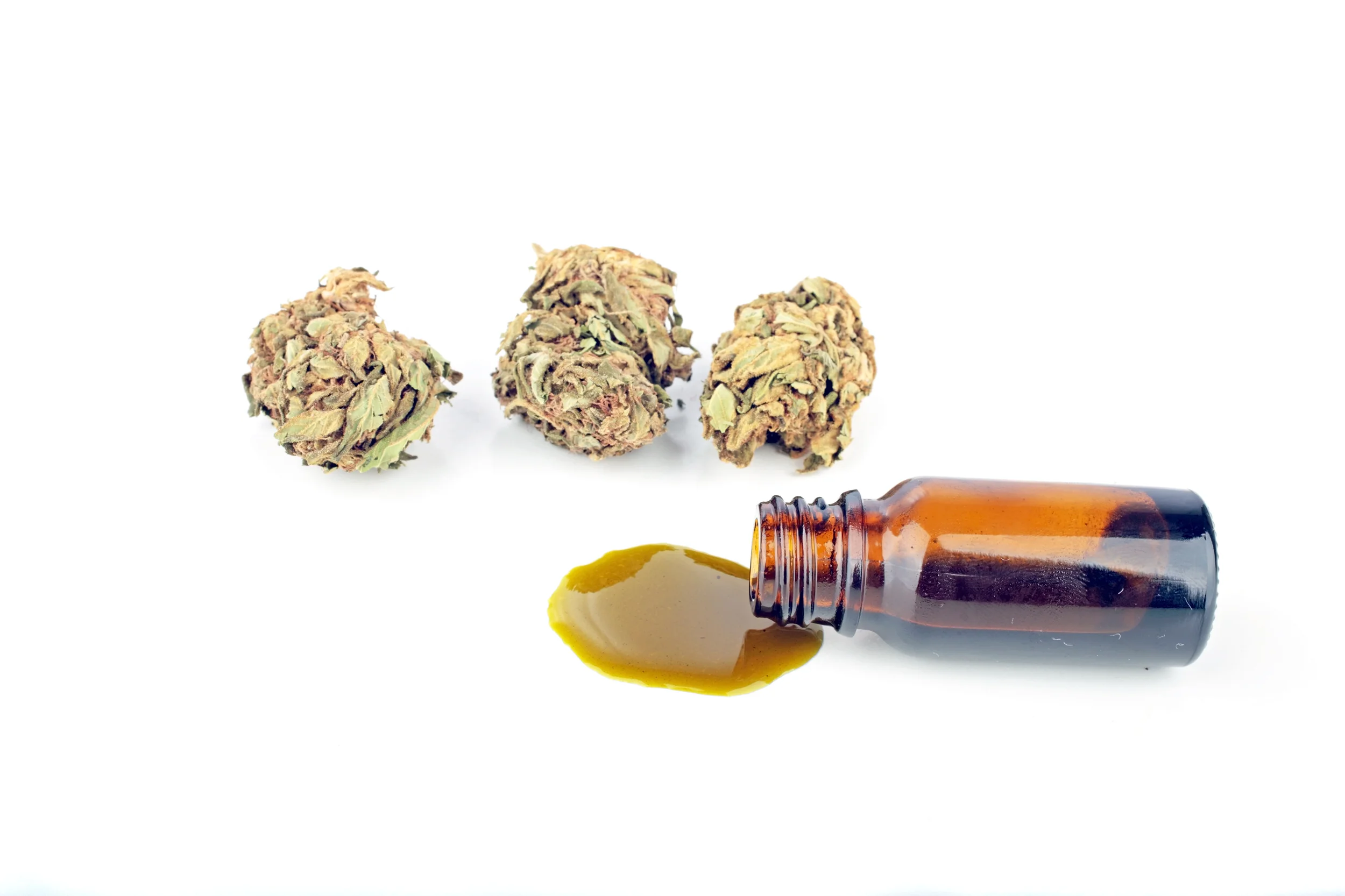The Unknown Dangers of Hash Oils
/Hash oil and other concentrated forms of cannabis account for approximately 40 percent of sales in California marijuana dispensaries. The main reason for this is that the potency of hash oil causes an intense high – quickly. Unfortunately, that potency also increases the risk of marijuana addiction. But addiction is not the only danger for hash oil users.
What is hash oil?
Hash oil (also known as honey oil, shatter, wax, earwax, and BHO) is a concentrated resin of the marijuana plant. It’s created by extracting the oil from the plant matter and contains super concentrated amounts of THC, the psychoactive ingredient that produces the high. Hash oil can be smoked, vaped, baked into edible products, or rubbed into the body. The potency of hash oil has a reputation for getting even seasoned daily marijuana users high.
What is “dabbing”?
One of the ways users ingest hash oil is by “dabbing,” or putting the oil on a heated surface and inhaling the resulting puff of smoke. A single inhalation of the concentrate delivers the cannabinoid equivalent of 3 to 10 inhalations of the herbal cannabis. One drug enforcement agent called dabs “pot on steroids.” It can cause users to hallucinate and pass out.
The hidden dangers of hash oil
Overdose
Following an article in the SF Weekly titled, “Thanks to ‘Dabbing,’ It Is Possible to Overdose on Marijuana,” one daily marijuana user wrote the following comment:
"I’ve smoked pot for 25 years but now only take a few hits a day and I was given a wax bong hit without being told how potent it was, so I hit it like herb. I spent the next 4 hours projectile vomiting everything in my stomach and dry heaving so much that I couldn’t breathe and seriously feared for my life."
Although it’s a common argument among marijuana advocates that it’s impossible to overdose, incidents like the above-mentioned tell a different story.
Butane poisoning
Hash oil is typically produced by filling a stainless steel or glass container with marijuana. A solvent (usually butane) is then added to strip the plant matter of its psychotropic oils. The mixture is then cooked down to evaporate the butane.
The process of extraction is dangerous in itself because butane is highly flammable. Improper butane ventilation has resulted in home lab explosions all over the country.
But a serious danger exists for users as well.
The process of boiling the solvent from the oil does not eliminate 100% of the butane, so traces remain. Inhaling even the smallest traces of butane can impair the brain and nervous system. Poorly manufactured batches of the oil can contain dangerous amounts of butane and cause severe damage. Butane ingestion has been linked to cardiac arrest and death.
Hash oil addiction
Hash oil produces an intense high. The concentrated dose of THC and other cannabinoids in hash oil can quickly cause a tolerance build-up, and soon, a larger dose is needed to capture the high. The tolerance build-up also leads to withdrawal symptoms when you don’t ingest the hash oil for period of time. And as with repeated use of any euphoria producing substance, a regular user may find it difficult to feel good without it. Chasing that high and using hash oil to keep withdrawal symptoms at bay are both signs of addiction.
For even the most intelligent among us, knowing the dangers of hash oil use and knowing the signs of addiction are not enough to overcome the addiction.
Seeking help is the best way to beat addiction.


